By Eli Bass, Jewish Education Coordinator, Macks Center for Jewish Education
The Passover Seder in the
Age of Social Distancing
Family seders in our house were full of energy. My grandmother and her brother would sing a song they learned in a choir in high school. My uncle would teach me the fine art of how to sneak under the table to steal the afikomen from the leader, only to realize that I had pulled the cardboard decoy. It was our extended family all coming together for this most special of times.
Our family also watched as my grandparent’s generation handed off the hosting and leading of the seder to the next generation. A seder is a symbol of the freedom and redemption of the Jewish people. It is also a social experience of family and community as we engage in a yearly tradition of making meaning in this season. Family holidays are meaningful for the formal ceremony and the important conversations and jokes which filled our seders.
A 2014 Pew study shares that the Passover seder is the most observed Jewish practice. So “Why is this night different from all other nights?” This year we face a Passover seder where for many who would join us at the intergenerational meal cannot be there. Medical science teaches us we must use social distancing as a way of protecting people from the Coronavirus.
The Passover seder encourages us to welcome in “everyone who is hungry.” Every family is different, and you must make the decision which best meets the needs and observances of your family.
When I worked at Hillel, we ran two seders. Yet many of the students spent the night joining their family seder on an iPad. If this cannot be done on the day of- calls and other communication is deeply valuable as we seek to build connection when we cannot physically be there.
At Sukkot, it is traditional to welcome guests (Ushpizin) who cannot join us. I encourage you to take a moment to welcome in those guests who cannot join you at the seder. This Passover we may be physically separated, but with effort we can feel closer. We should take time to be grateful and also plan ways to support people who are hungry in this season.
As we move to smaller family seders, many of you may also be assuming seder leadership roles you didn’t feel fully prepared for. There are many resources for this. I suggest the free Haggadah from jewbelong.com.
For those looking for something else, hagadot.com has a variety of different themed Haggadot, as well as tons of different pieces if you want to compile your own Haggadah. There are also a large number of Haggadot options online in almost every flavor.
I’m happy to support you in picking something appropriate for your family. Ebass@cjebaltimore.org.
Finally, you are not alone. This year more than any other, we need to work harder to make sure no one feels alone at Passover. No matter your situation, find ways to reach out. Wishing you a meaningful, and happy Passover. Next year in Jerusalem.
Subscribe to our newsletter
The Associated is a home for everyone in the Baltimore Jewish community. We offer several email lists to help people find a community, engage with their peers and support Jewish journeys around the world.
Join Our Mailing ListAdd Impact to Your Inbox
Sign up for our newsletter
Subscribe to our newsletter
The Associated is a home for everyone in the Baltimore Jewish community. We offer several email lists to help people find a community, engage with their peers and support Jewish journeys around the world.
Join Our Mailing List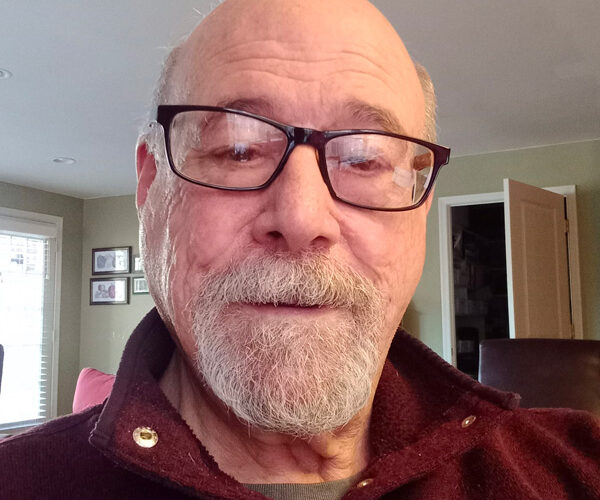
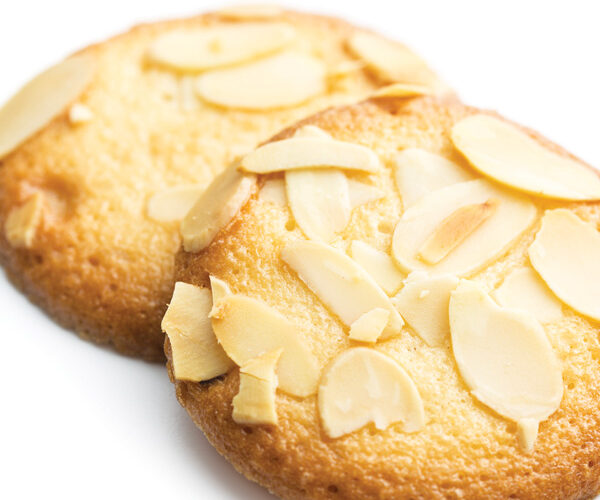
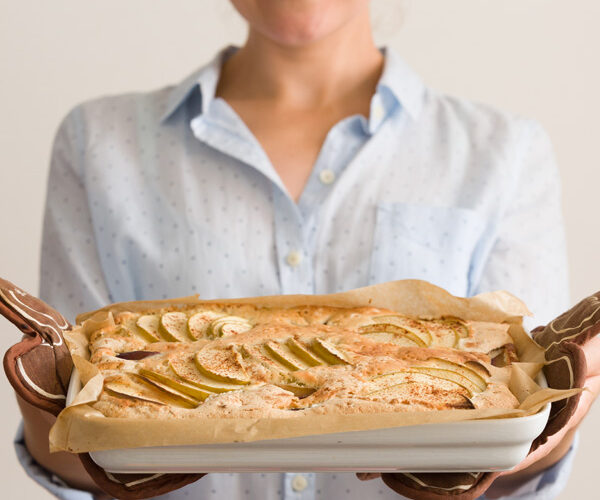


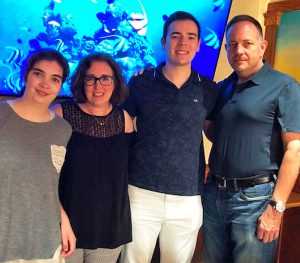
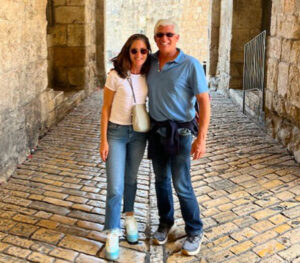


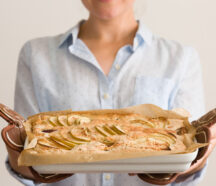
 Please Wait while we loading your video.
Please Wait while we loading your video.